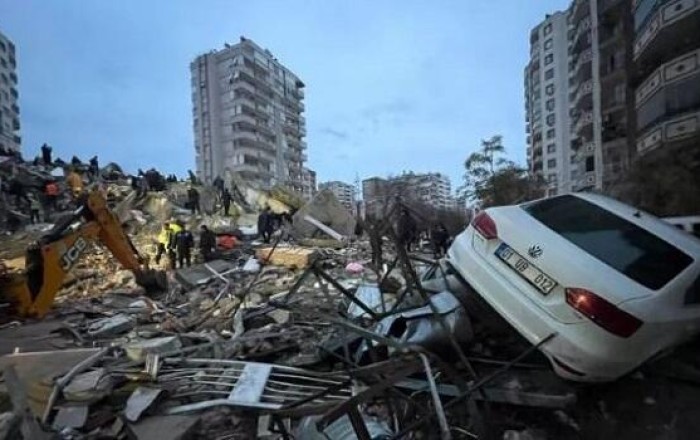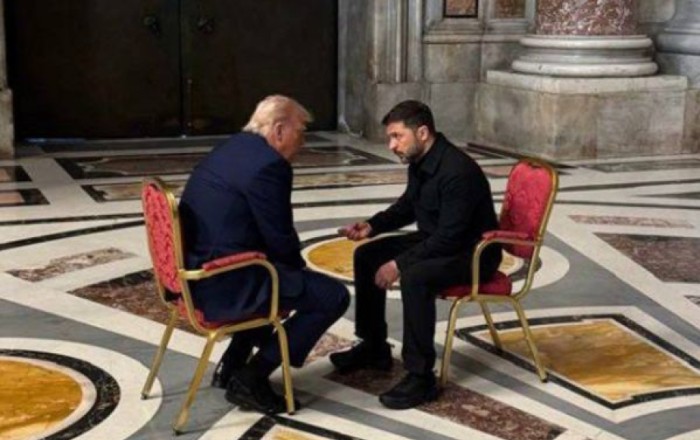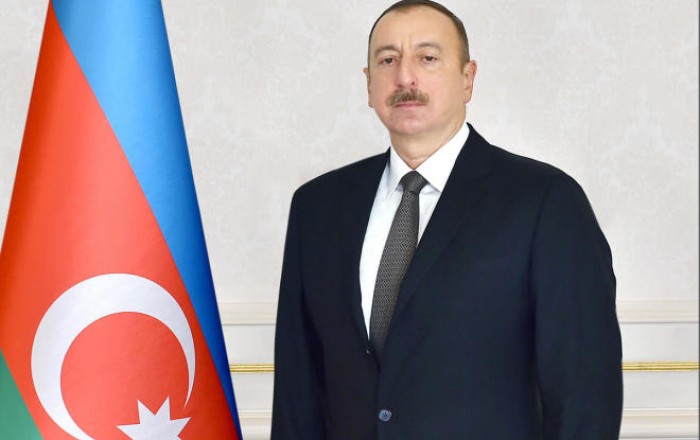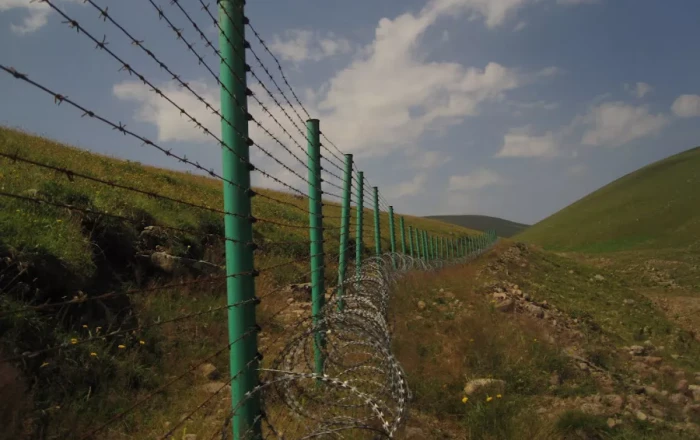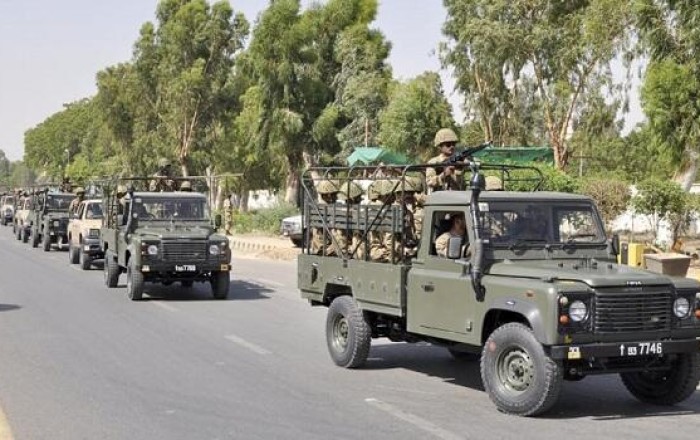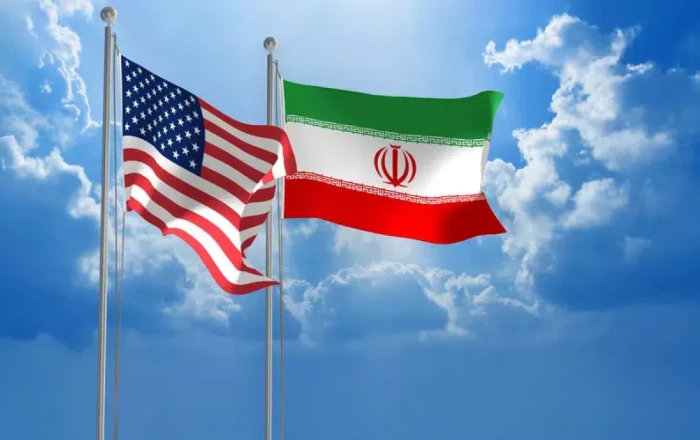When Pope Francis first stepped onto the balcony of Saint Peter’s Basilica after his election 12 years ago, he remarked he had been called from the "end of the world." As the first non-European pontiff since 731 AD, the papacy of the recently passed Argentinian-born head of the Vatican marked a shift from a Eurocentric focus to a global vision for the Catholic Church.
Before becoming pope, Jorge Mario Bergoglio served as the Archbishop of Buenos Aires, supporting priests working in Argentina’s slums. The Church's work in Buenos Aires' peripheries began in the 1960s with Priests for the Third World, who championed liberation theology, aligning with marginalised communities. According to an article by The Conversation publication, the peripheries became central to Francis’s vision.
Just before his election, he urged cardinals that the Church must "go to the peripheries" — geographically and existentially — or risk losing touch with the modern world. Although liberation theology's Marxist leanings caused controversy during the Cold War, Bergoglio embraced an alternative “theology of the people,” emphasising the faith and culture of the poor without Marxist influence.
During Argentina’s military dictatorship (1976–1983), Bergoglio kept a cautious distance from radical priests. His actions during the abduction of two Jesuits led to accusations of complicity, though he defended himself, stating he had interceded on their behalf. The Vatican dismissed claims of wrongdoing.
Despite his cautious stance, Bergoglio consistently prioritised the poor, a principle that shaped his papacy. As pope, he softened the Vatican’s stance toward liberation theology, reaffirming its focus on social justice while distancing it from Marxist ideology.
Pope Francis's papacy contrasted sharply with his predecessor, Benedict XVI (Joseph Ratzinger), who maintained a strong European focus. The German pope's speeches often emphasised Christianity's role in Europe, notably causing controversy with his 2006 Regensburg lecture, which upset the Muslim world. The lecture explored Europe’s relationship with Christianity and its future responsibilities, in which he infamously quoted Manuel II Palaiologos, a Byzantine emperor who characterised aspects of Islam as violent.
Francis, in contrast, urged the Church to move "beyond the walls" to embrace all humanity. As the article's author recalls, he envisioned the Church as a “field hospital,” caring for even the smallest Catholic communities. Under his leadership, the Vatican's geopolitical focus shifted: the College of Cardinals diversified significantly, diluting Europe's traditional dominance. Today, 23 cardinals are from Asia, 20 from North America, 18 each from South America and Africa, and three from Oceania, compared to 53 from Europe.
This global outlook was reinforced through papal visits to countries like Iraq, Kazakhstan, the UAE, and South Korea. Francis also redefined the Church’s relationship with political power. Unlike Benedict, who allied with political parties to protect the Church, Francis insisted religion should not be exploited for political purposes. He also commented on the situation that unfolded in the Azerbaijani city of Khankandi in 2023, when the majority of the local ethnic-Armenian population, who had lived there throughout the years of illegal Armenian military occupation of these internationally recognised Azerbaijani territories, abandoned the region. The exodus came in response to the signing of a ceasefire agreement between Baku and the occupying forces' representatives, as people refused to obtain identification documents issued by Azerbaijani authorities, which would have been necessary for them to continue living within the sovereign borders of the country. The head of the Vatican called for dialogue between Azerbaijan and Armenia and hoped for a lasting agreement with the support of the international community.
While the article acknowledges that his neutral stance in conflicts, such as those in Ukraine and Gaza, drew criticism for seeming passive or pro-Russian, Francis’s consistent appeals for dialogue, including with controversial leaders like Myanmar’s General Min Aung Hlaing, reflected his belief in desacralizing worldly power and fostering peace through engagement.
By Nazrin Sadigova
Source: caliber.az



